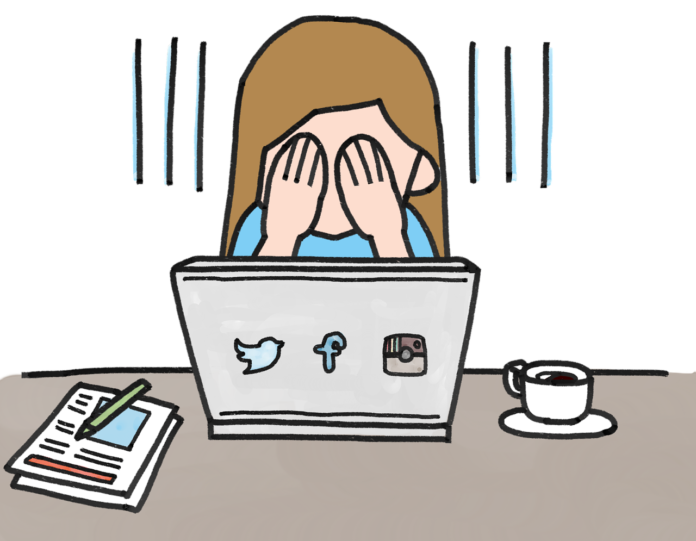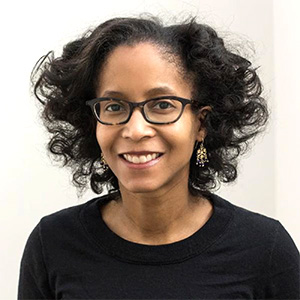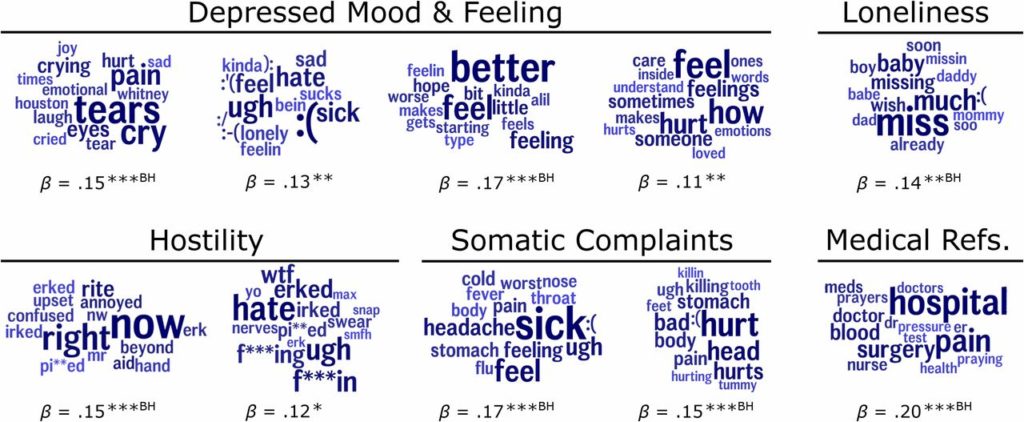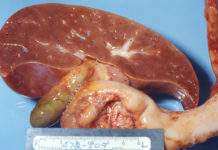
Depression often goes unnoticed. Researchers are turning to Facebook to find symptoms
Depression is one of the most poorly managed and often undiagnosed afflictions. This is despite the fact that celebrities like Deepika Padukone have talked about their struggles in a bid to generate awareness.
New research from the Stony Brook University and University of Pennsylvania published in the Proceedings of the National Academy of Sciences unveils a whole new dimension to diagnosing depression. Analyzing social media data shared by consenting users across the months leading up to a depression diagnosis, the researchers found their algorithm could accurately predict future depression.
Indicators of the condition included mentions of hostility and loneliness, words like “tears” and “feelings,” and use of more first-person pronouns like “I” and “me.”

India has a high burden of depression. World Health Organisation estimates: “India accounts for nearly 18% of the world population. It accounted for 15% of global DALYs attributable to mental, neurological and substance use disorders (31 million DALYs) with depression, accounting for 37% (11·5 million DALYs) in 2013.”
“Depression is a really debilitating disease and we have treatments that can help people,” said Raina Merchant, one of the study authors and director of the Penn Medicine Center for Digital Health. “We want to think of new ways to get people resources and identification for depression earlier.”
“We observed that users who ultimately had a diagnosis of depression used more first-person singular pronouns, suggesting a preoccupation with the self,” the scientists reported. That may be an indicator of depression in some people.
Indicators of the condition included mentions of hostility and loneliness, words like “tears” and “feelings,” and use of more first-person pronouns like “I” and “me”
“Depression is a really debilitating disease and we have treatments that can help people. We want to think of new ways to get people resources and identification for depression earlier.” said Raina Merchant, one of the study authors and director of the Penn Medicine Center for Digital Health.

The team recruited 683 people who visited an emergency room for their study and asked to see their Facebook pages. Most were not depressed, but 114 had a depression diagnosis in their medical records.
The team went back for as long as six months before the depression diagnosis to see if each patient’s posts might contain hints about their mental health.
“Using only the language preceding their first documentation of a diagnosis of depression, we could identify depressed patients with fair accuracy,” they wrote.
Words such as “tears,” “cry,” “pain,” “miss,” “hate” and “ugh” were more common in the posts of people later diagnosed with depression, they reported.

“Detection and treatment of mental illness may soon meet individuals in the digital spaces they already inhabit,” wrote the team led by Johannes Eichstaedt, a computational social scientist in psychology at the University of Pennsylvania.
There are concerns that social media do more than reflect one’s mental health. Some studies have shown that those who use social media more are more likely to be depressed or have eating disorders. But other studies show social media can be helpful in connecting people to resources and peer support.













